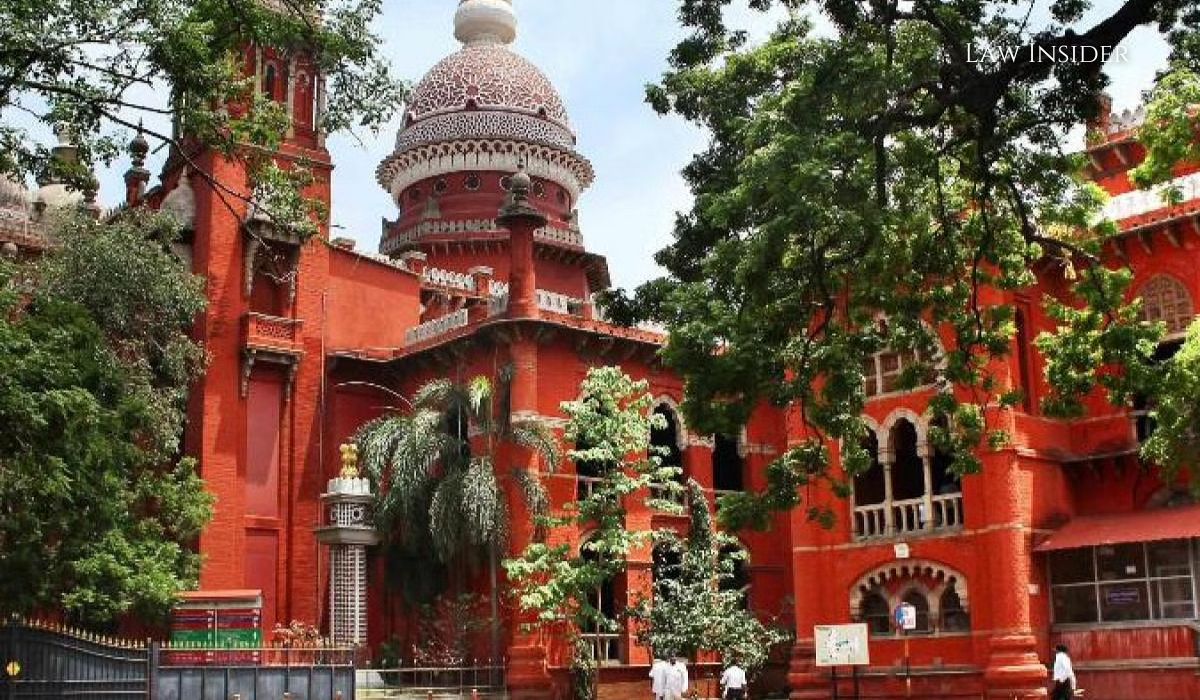LI Network
Published on: January 15, 2024 at 11:00 IST
The Madras High Court has endorsed an amendment to the Tamil Nadu Public Service Commission Regulation 1954, extending the jurisdiction of the State Vigilance Commission and Director of Vigilance and Anti-Corruption to cover the Chairman and Members of the Tamil Nadu Public Service Commission (TNPSC) from August 9, 2011, onwards.
Chief Justice SV Gangapurwala and Justice Bharatha Chakravarthy, presiding over the case, emphasized that the amendment does not impinge upon the rights or alter the service conditions of the Chairman and members. The Court clarified that the amendment solely introduces provisions for investigation, rendering it non-arbitrary.
The Court addressed two sets of petitions challenging the government order of August 9, 2011, and the subsequent amendment to TNPSC Regulations. The petitioners, who were Chairman and members of TNPSC, contended that their exclusion in the regulation could not be overridden by executive instructions and that their service conditions should remain unchanged.
The Court rejected the argument that the retrospective application of the amendment eroded vested rights, stating that the change in the investigating agency was a procedural matter, not affecting vested rights.
The ruling emphasized that the amendment was a necessity, bringing the Chairman and members of TNPSC under scrutiny without altering their service conditions.
The Court held that the government order could not supersede statutory regulations and declared it illegal, setting it aside. However, it upheld the amendments by the Governor, reinforcing the inclusion of the Chairman and members of TNPSC within the purview of the State Vigilance Commission and DVAC.
The Court clarified that the Prevention of Corruption Act already classified the Chairman and Members of TNPSC as public servants, making them subject to prosecution for offenses under the Act. The State Vigilance Commission and DVAC were acknowledged as entities for investigating and examining allegations and complaints against them.
In conclusion, while overturning the government order, the court upheld the amendments, asserting that they were not prejudicial to the Chairman and members but rather addressed the contemporary need for scrutiny and accountability.

